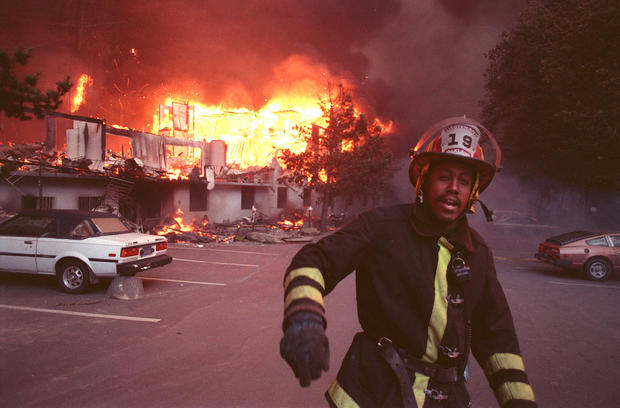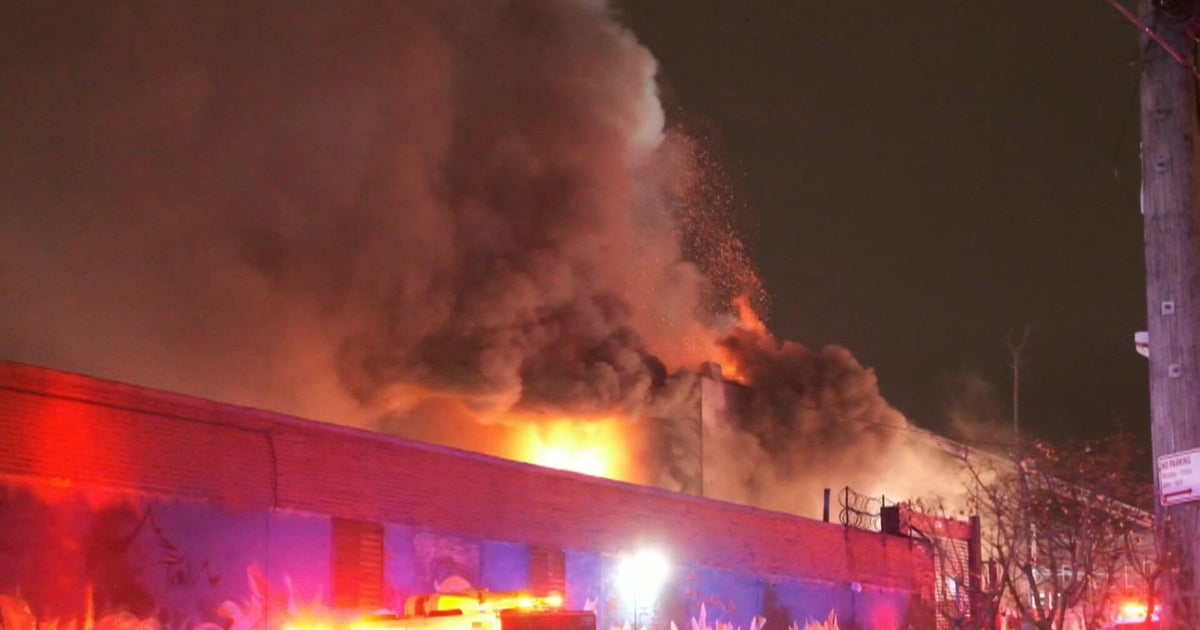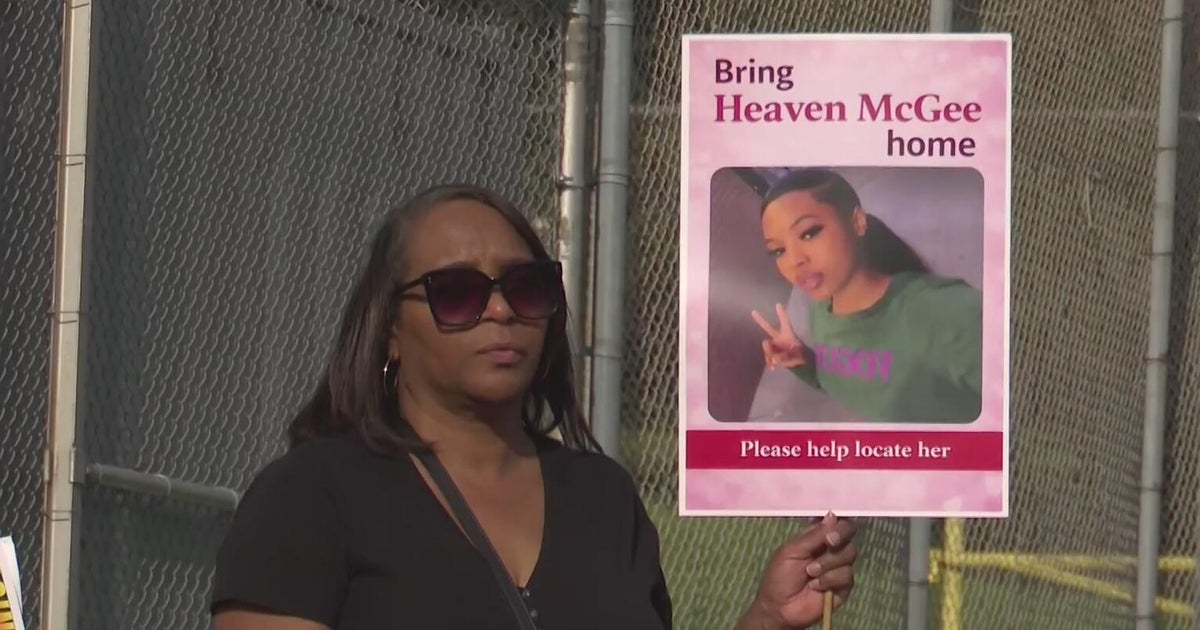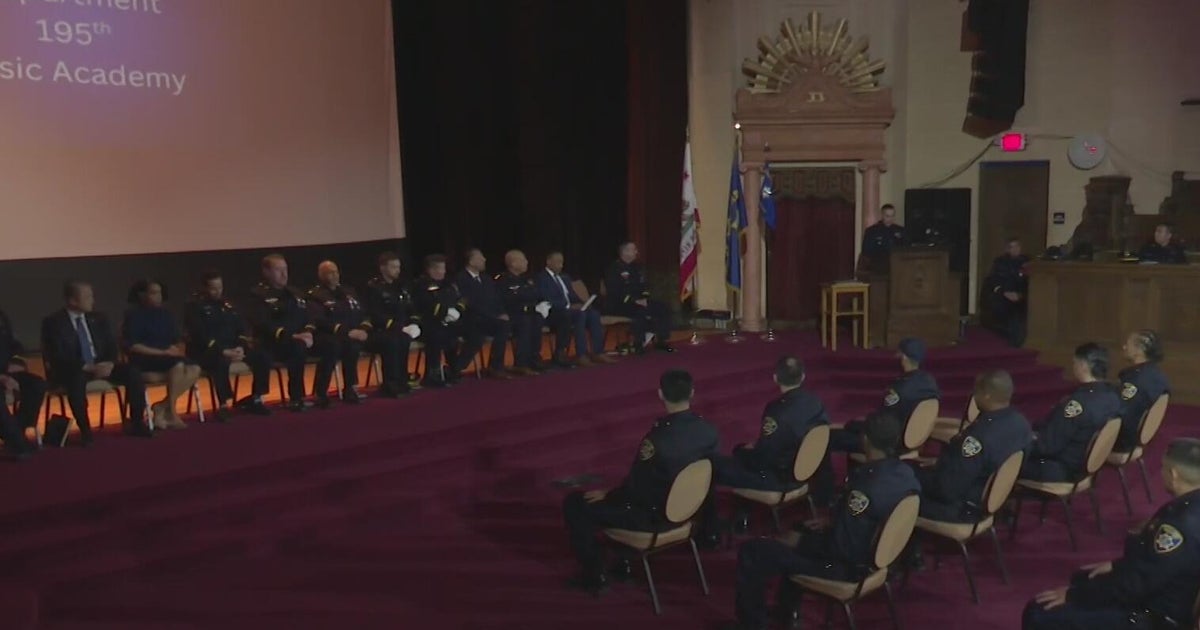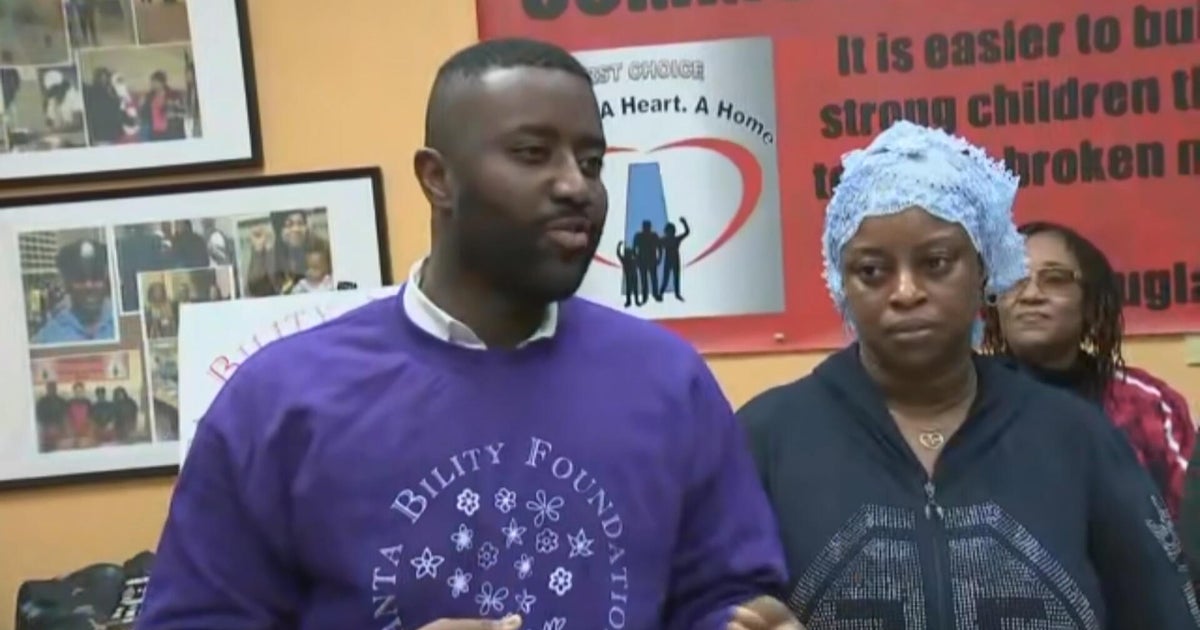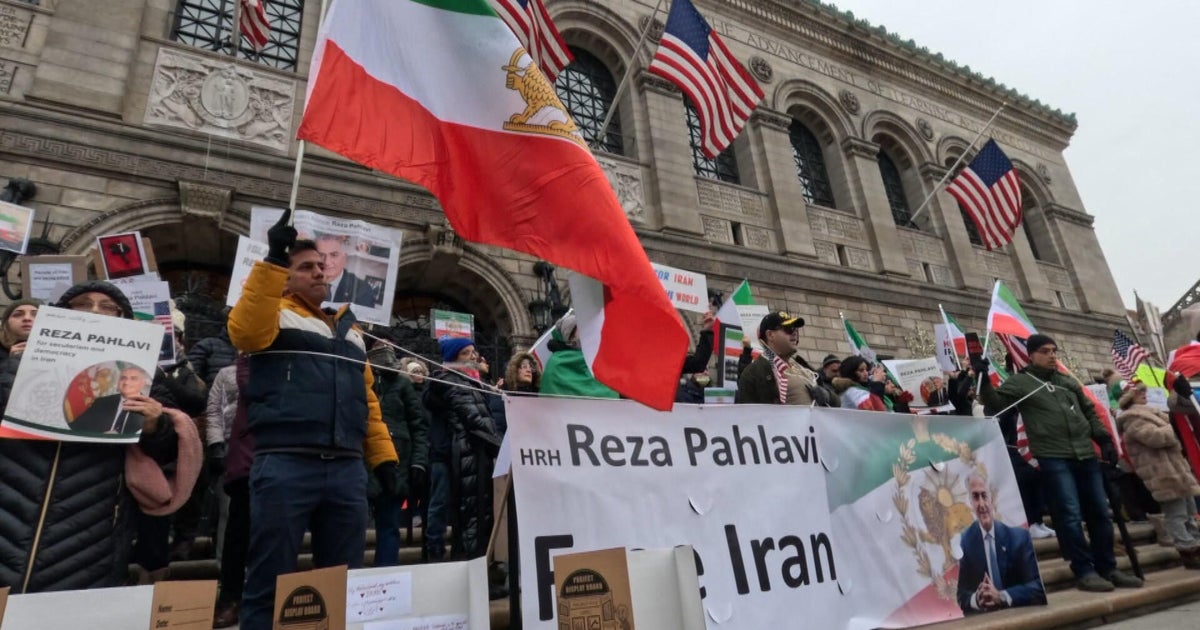Tearful Memories Linger 30 Years After Deadly Oakland Hills Firestorm
OAKLAND (CBS SF) -- Mayor Libby Schaaf remembers searching the ruins of her family home after the wall of flames from the 1991 Oakland Hills fire ripped through her neighborhood.
To this day, the thought brings tears to her eyes.
"We also found a lump of metal that my dad told me was the silver that he had been looking forward to giving me as a wedding present one day," Schaaf said, her voice trembling, at a memorial gathering earlier this month.
By the time firefighters were able to wrestle control of the blaze on Oct. 19, 1991, 3,300 homes had been destroyed and 25 lives had been lost.
The historic blaze sparked to life on what used to be a vacant lot above 7151 Buckingham Blvd., growing into a small brush fire that crews thought they had put out.
But, after they left, the Diablo Winds began howling and smoldering embers became torches. In about an hour, 800 houses had burned to the ground. Risa Nye's home was among them.
"We thought 'oh, it's never going to jump the freeway, how could it jump the freeway?' And then we went home and started throwing stuff in the car," Nye recalled.
Don Barker was an Oakland fire captain when the inferno began and was sent to a rally point at the Claremont Hotel in Berkeley with one simple order
"My instructions were 'do not let it burn down' and it didn't burn down," Barker said proudly.
Five engine companies protected the hotel, which stands today because of their efforts. Still, fighting the fire was chaotic. There was no coordinated communication between agencies and one fire department's equipment didn't fit with others. Current Oakland fire chief Reginald Freeman said a lot of hard lessons were learned that weekend.
"We must all embrace and understand that the response to the fire 30 years ago continues to this day with our prevention efforts," the chief said.
Now, communities practice fuels reduction and first responders share a common communications system. Fire apparatus has been standardized and modern mutual aid agreements have been established to mobilize resources quickly and with better coordination. As Chief Freeman read names of those who died in the fire, it came with a challenge to those still living.
"In honor of all those we lost, we all have a responsibility to make our community safer, more prepared and more resilient."
